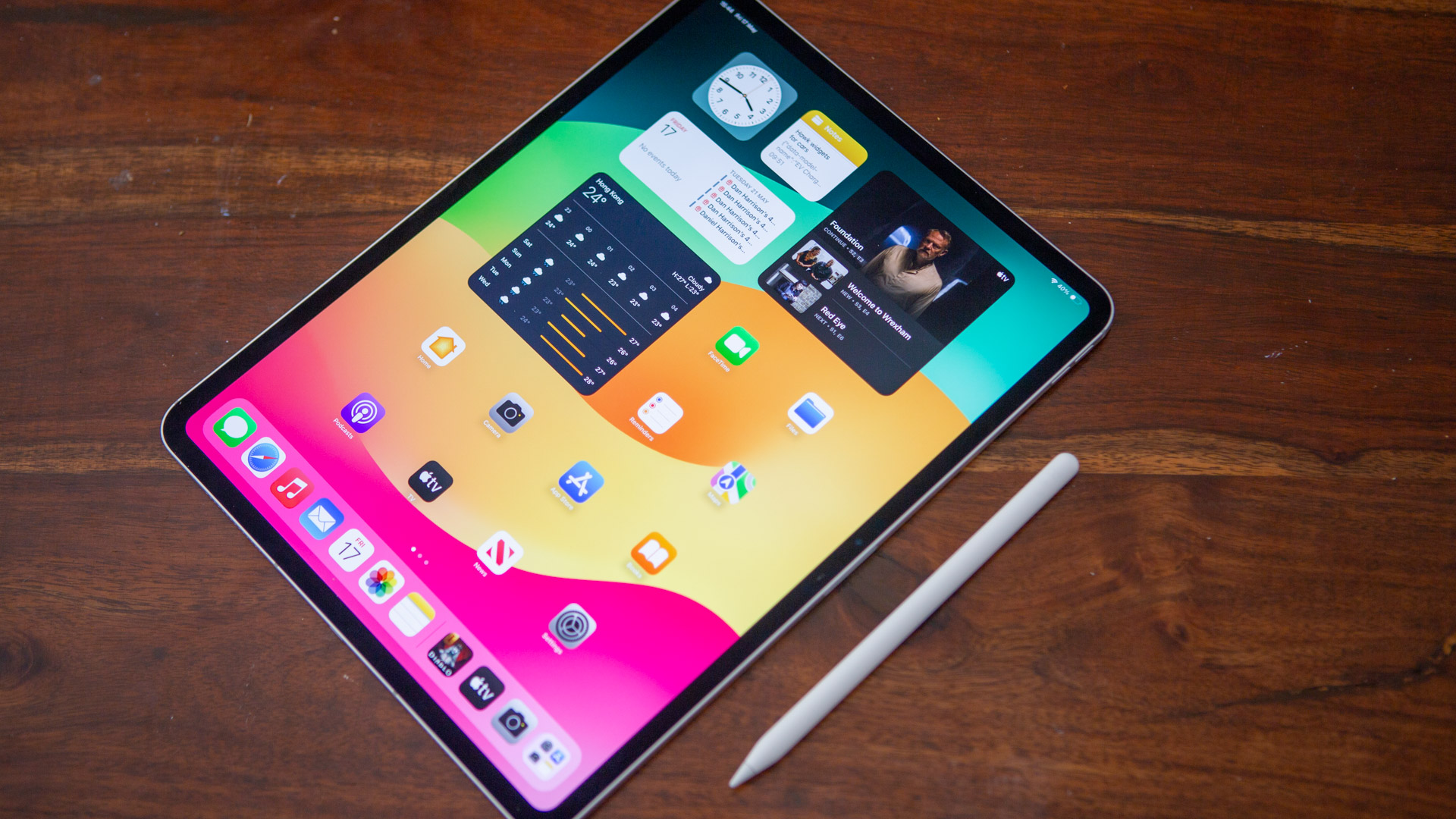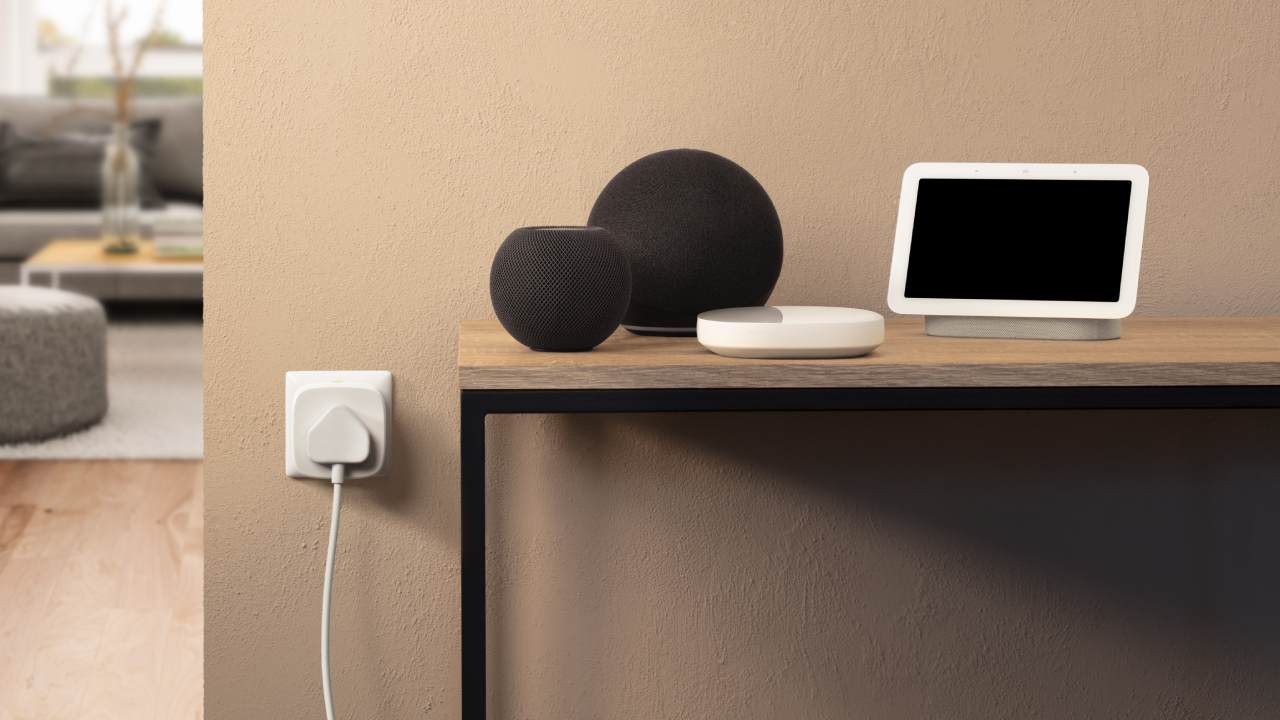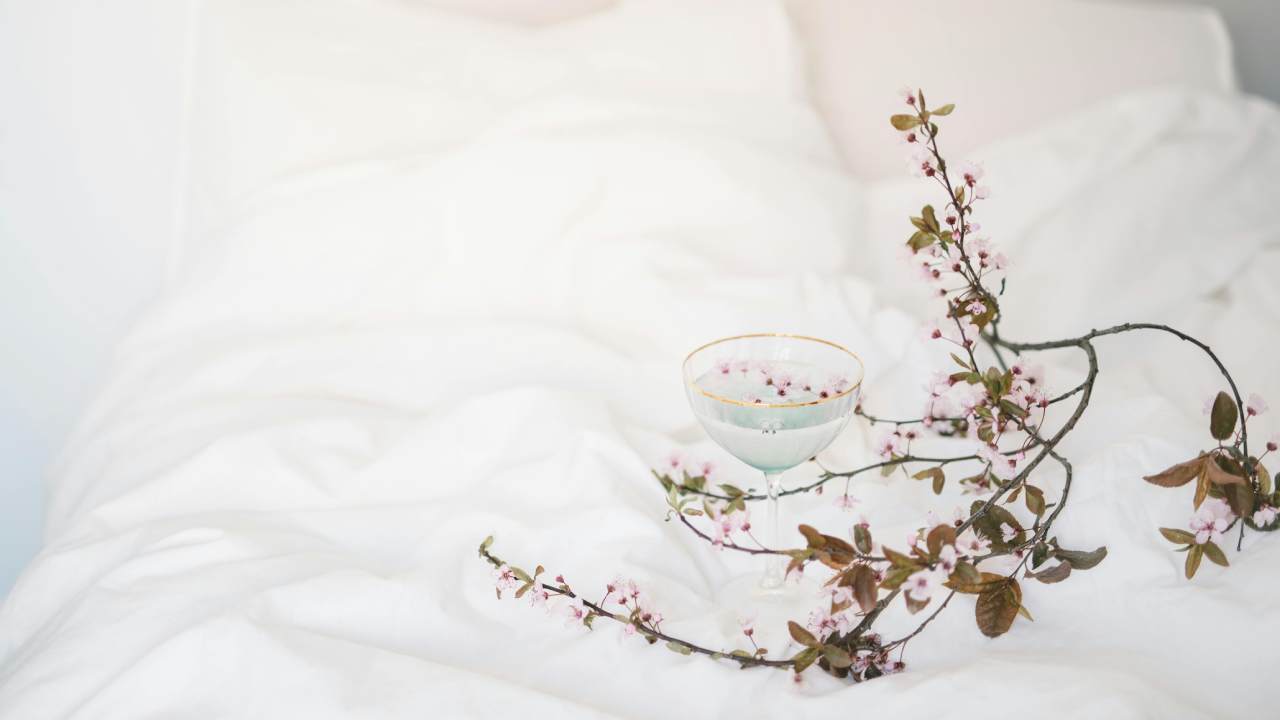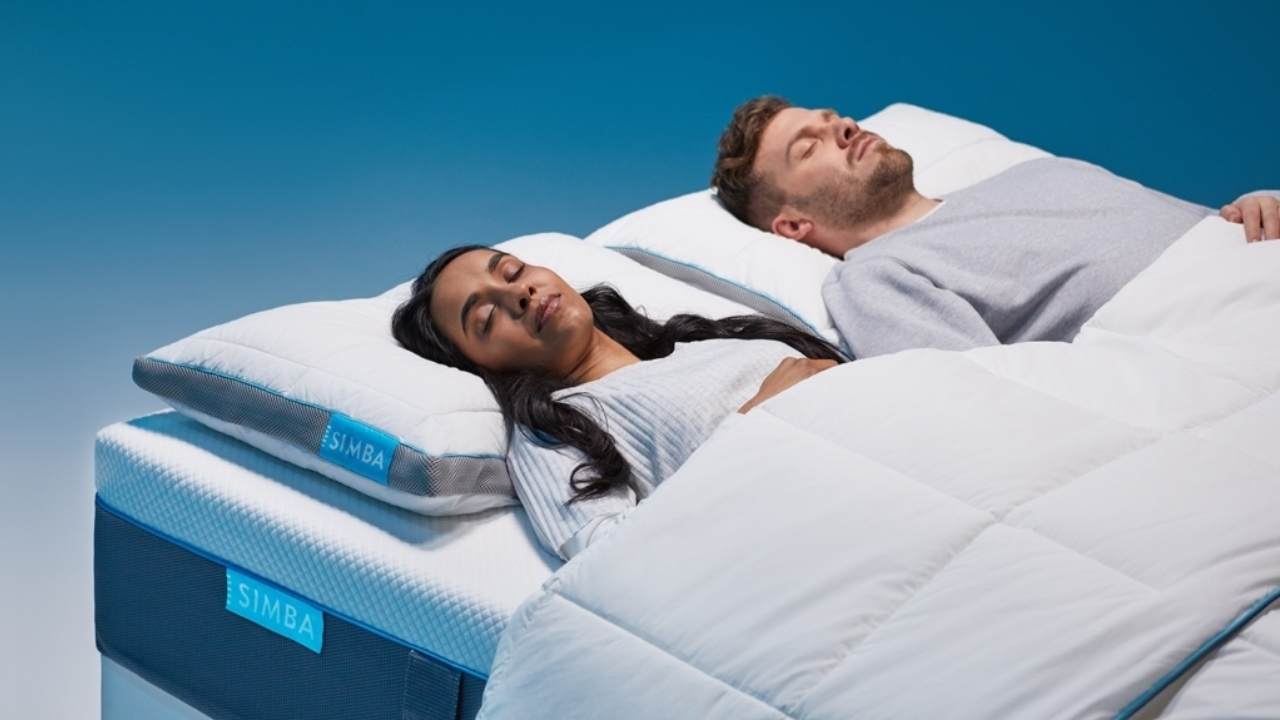

The first month of the year is often the hardest following the festive season, mainly due to lack of money after Christmas and overindulging on rich foods and drinks. So, it’s unsurprising that year on year, January is full of health habits and trends, like Dry January.
Whether you’re looking to kickstart your health journey or want to cut down the amount of alcohol you consume, Dry January is a go-to for many at the beginning of the year. If you’re new to the concept, Dry January is a campaign by Alcohol Change UK where you abstain from alcohol for the full month. And since 2023 marks Dry January’s 10th anniversary, what better way to reevaluate your drinking habits than cutting out alcohol for the next 31 days?!
If you’re thinking of trying Dry January this year (join the club, as I’m doing it too!), here’s exactly what happens to your body when you give up alcohol and a few tips and tricks that can help you conquer the next month alcohol-free.
P.S. If you’re having a meat-free month, check out our 6 tips for a successful Veganuary.
What happens to your body when you cut out alcohol for a month
Cutting out alcohol completely or just being more sensible with how much you drink can have an amazing impact on your mind and body. While there are many long-term benefits to giving up alcohol, it can be difficult to cut it out completely, especially if you drank a lot over Christmas or you drink fairly regularly.
If you’re doing Dry January and finding the first week particularly difficult, this is likely because it can take longer than you might think to feel its full effects. According to The Drinks Business, your body goes through withdrawal from alcohol dependency, so you may experience symptoms like dehydration, disrupted sleep, nausea, anxiety and sweating in the first few days alcohol-free. When you have your first drink back, you’ll also have less tolerance to alcohol, so you might feel its effects quicker than before you cut it out.

Having said this, Dry January has many positives that you’ll experience when you cut out alcohol.
Sign up to the T3 newsletter for smarter living straight to your inbox
Get all the latest news, reviews, deals and buying guides on gorgeous tech, home and active products from the T3 experts
Better heart & brain health
First, your general health will improve, especially your vital organs like the heart and brain. When you abstain from alcohol, your heart gets healthier and you decrease the risk of certain illnesses, like cardiovascular disease. Your brain also benefits from no alcohol as you’ll find you can concentrate more, have a better memory and your motor skills are less impaired. Other health benefits of cutting alcohol is your blood pressure gets lower and you’re less likely to get sick.
Heals the liver
The liver is what really gets a good kicking if you’re drinking a lot or recently had a big night out. The liver filters toxins (which alcohol is full of) and if you’re drinking excessively, this takes a toll on the liver and sometimes leads to problems like cirrhosis. However, the liver is fairly tolerant and can repair itself so having a month off allows your liver to fully heal.
Improved sleep
Unsurprisingly, alcohol can cause sleep problems. While a glass of wine might make you feel sleepy, it can actually disrupt your REM sleep, causing you to wake up repeatedly through the night. It has a dramatic effect on your sleep quality and quantity, and in some cases can interfere with breathing. So, you might find that during Dry January, you’re getting better sleep.
Lose weight
Dry January often goes hand in hand with a fitness challenge, because cutting alcohol can help you lose weight. Depending on your drink of choice, there’s a high amount of calories and sugar in wine, beer and cocktails. Alcohol also tends to make you feel hungrier, so if you cut out alcohol for a period of time, you might start to see weight loss, reduced stomach fat and less fast food consumption.

4 tips for a successful Dry January
Now you know the benefits, here are 4 tips on how to make Dry January a success.
Avoid temptation
If you enjoy a drink, it’s very easy to get tempted by alcohol. For example, I tend to have a few glasses of red wine on a Friday night so on a Friday evening, I have more of an urge to open a bottle than the rest of the week. To avoid this temptation, it’s important to not have alcohol in the house and lessen your trips to pubs and clubs. Of course, I’m not saying you should become a complete recluse during this time, but if you’re finding not drinking difficult, try to avoid places where you know you’re going to want to have a tipple or two.
Create a support group
To keep you on track and accountable, tell your friends and family that you’re doing Dry January. This is a great way to get extra support and motivation to stick with it until the end of January. If you know someone who’s also doing Dry January, you can help each other stay on track as you’re both going through the same thing.
Find alcohol-free alternatives
If you miss the taste of alcohol or are at a social occasion where it would be the norm for you to have a drink, find an alcohol-free alternative that you enjoy. You can choose juice or fizzy drinks but there are some tasty alcohol-free beverages that are sold in supermarkets and are available in most pubs and restaurants. Check out these 3 non-alcoholic drinks for good taste & a clear head.
Track your progress & reward yourself
To keep you motivated and enjoying the challenge, monitor your progress and give yourself rewards. Try keeping track by ticking off the days in your calendar or writing a few lines about how you’re finding Dry January. At the end of each week, reward yourself with a fun activity or your favourite meal.

Beth is Home Editor for T3, looking after style, living and wellness. From the comfiest mattresses to strange things you can cook in an air fryer, Beth covers sleep, yoga, smart home, coffee machines, watches, grooming tools, fragrances, gardening and much more. If it's something that goes in your house, chances are Beth knows about it and has the latest reviews and recommendations! She's also in the know about the latest deals and discount codes from top brands and retailers.
Having always been passionate about writing, she’s written for websites, newspapers and magazines on a variety of topics, from jewellery and culture, to food and telecoms. You can find her work across numerous sites, including Wedding Ideas Magazine, Health & Wellbeing, The Bristol Post, Fashion & Style Directory, TechRadar, CreativeBloq and more. In her spare time, Beth enjoys running, reading, baking and attempting craft projects that will probably end in disaster!
-
 iPad reportedly getting major makeover and your current model could benefit too
iPad reportedly getting major makeover and your current model could benefit tooApple is said to be making a change that iPad power users have been wanting for years
By Carrie Marshall
-
 Eve’s smart plug gets impressive Matter upgrades – but I’m most excited about the app
Eve’s smart plug gets impressive Matter upgrades – but I’m most excited about the appEve Energy adds Matter support and an updated Android app
By Bethan Girdler-Maslen
-
 I spent 6 weeks with the FoodMarble Aire 2: here’s what I learned about my gut health
I spent 6 weeks with the FoodMarble Aire 2: here’s what I learned about my gut healthI’ve been testing the clever breath-testing gadget with the companion app over several weeks to find out if it delivers on its promises
By Lee Bell
-
 Oil pulling is going viral on TikTok for stopping morning breath – but does it actually work?
Oil pulling is going viral on TikTok for stopping morning breath – but does it actually work?4 hacks that prevent morning breath, according to a sleep expert
By Bethan Girdler-Maslen
-
 These limited edition McLaren x Loop earplugs are what you need for Formula 1 season
These limited edition McLaren x Loop earplugs are what you need for Formula 1 seasonMcLaren teams up with Loop on limited edition noise-reducing earplugs
By Bethan Girdler-Maslen
-
 3 reasons why you wake up at 3am every night – and how to avoid it
3 reasons why you wake up at 3am every night – and how to avoid itAlways waking up in the middle of the night? This could be why…
By Bethan Girdler-Maslen
-
 Therabody experts give 7 tips for perfecting your sleep routine for World Sleep Day
Therabody experts give 7 tips for perfecting your sleep routine for World Sleep DayFrom breathing exercises to sleep masks, here’s how to prioritise sleep, according to experts
By Bethan Girdler-Maslen
-
 Loop Dream review: super soft earplugs to help you snooze soundly, even if you’re a side sleeper
Loop Dream review: super soft earplugs to help you snooze soundly, even if you’re a side sleeperSquishy silicone and uniquely shaped ear tips take Loop’s nighttime earplugs to dreamy heights
By Joanna Ebsworth
-
 Can’t get to sleep? Grounding bed sheets could be the answer – but I need convincing
Can’t get to sleep? Grounding bed sheets could be the answer – but I need convincingIs this the future of sleep tech?
By Bethan Girdler-Maslen
-
 Simba reveals 3 shocking signs of sleep deprivation on the body
Simba reveals 3 shocking signs of sleep deprivation on the bodySimba’s latest study reveals the main physical effects of sleep deprivation
By Bethan Girdler-Maslen